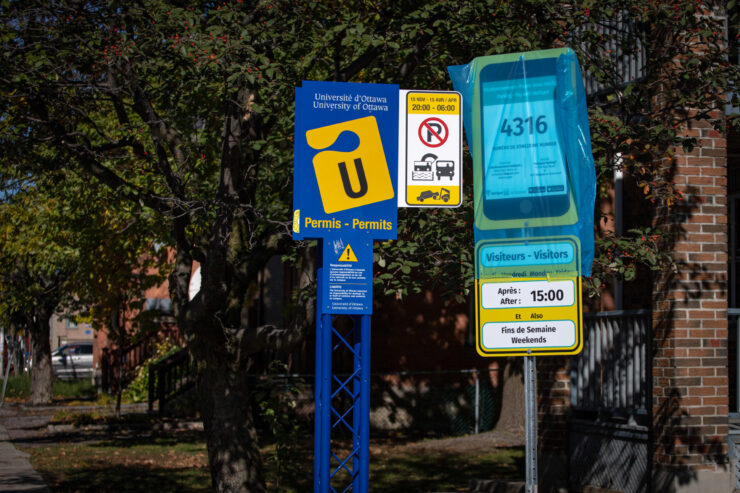Report includes concerns and recommendations surrounding academic accommodations and inclusion for marginalized groups on campus
The 11th annual report of the University of Ottawa’s Office of the Ombudsperson was released on Jan. 17. The report outlines the period spanning between June 1, 2020, and May 31, 2021, and breaks down the complaints received by the office, the recommendations made in response, and steps taken to improve on areas of concern by the University.
The data
The office responds to requests for services such as, advice and coaching, information and referrals, and interventions. Since the last report, the office only saw an increase of 42 service requests. The number of requests from students stayed the same as the previous year at exactly 389.
The two main categories of requests upon which the report focuses are academic issues and human rights issues, which together make up 31 per cent of issues raised to the office. Other categories include financial, admission, and graduate supervision issues.
A large majority of the issues surrounding human rights complaints are in relation to disability and race, making up 84 per cent of all human rights issues for the year.
Building a culture of fairness in a changing environment
From the data, the report identified five main issues observed throughout the year: Building a culture of fairness in a changing environment; Transgender and gender non-conforming students: process improvement; Fairness: importance of the relational dimension; Handling behavioural issues with good judgement; Challenges to inclusion: practices in some courses.
The report elaborates on initiatives that were outlined in a number of documents that constitute pillars of the University’s vision of its future.
Starting with the Mental Health and Wellness Action Plan which was released in Jan. 2020 – which included the recommendation of the appointment of a special advisor for long-term strategies. The Indigenous Action Plan which was released in Jan. 2020 and also included the recommendation of the appointment of a special advisor on anti-racism and inclusive excellence which was done this past December. Lastly, a Jan. 2021 announcement identified five initiatives to combat systemic racial discrimination.
These initiatives follow a year of discussions surrounding systemic racism and academic freedom at the University.
The report explains concerns brought to the office by transgender and gender non-conforming students about their misgendering and misuse of preferred names. The Office of the Ombudsperson says these concerns were raised to the Human Rights Office and the Registrar’s Office, where an update was requested. These two offices referred to initiatives by the U of O to focus their Equity, Diversity, and Inclusion projects towards these issues. The report identifies a commitment to integrate the systems and platforms of the University by Spring 2022 to avoid the issue of misgendering and allow students to be identified by their preferred name.
The report notes that actions are being taken to ensure the University’s platforms and systems are updated to integrate this population of students by Spring 2022.
Distinguishing what constitutes unreasonable behaviour versus the need for accommodation under the Human Rights Code is another key issue highlighted in the report. The University plans to compose a statement that would guide procedures on this distinction through feedback from the Office of the Ombudsperson.
The report also makes several recommendations to University staff and faculty regarding “[situations that] create preventable barriers that are especially challenging for students living with disabilities such as chronic illnesses.”
The office recommends that faculty members alter their syllabi to meet accommodation requirements and be clear about accommodations that are available. It also suggests the U of O implements regulations to facilitate this. Additionally, the report advocates for the implementation of new advisory roles that would facilitate accommodations for personal circumstances.
The report finally points to the creation of a case management service that was put into place last September.
“The goal is to propose a ‘holistic approach to managing their complex academic, health, or personal needs’ and to ‘create a support system that lets students take charge of their lives in a sustainable way.’ This service is extremely important, especially for students confronting multiple barriers,” the report states.
“Like everyone else at the University, across the country and around the world [the pandemic has] of course, led to changes in the questions we have received and how the Office of the Ombudsperson delivers its services,” noted Ombudsperson Martine Conway, in the report’s opening statement.
In accordance with the current culture on campus, in parallel with constraints posed by COVID-19, the report offers several suggestions for next steps.
In particular, the report advocates for the provision of online information to students, faculty members, and program heads to normalize the occurrence of difficult situations. Improving accessibility to online information would also help in clarification of roles and responsibilities, and make sure complainants and general inquiries are directed to the appropriate resource persons.






